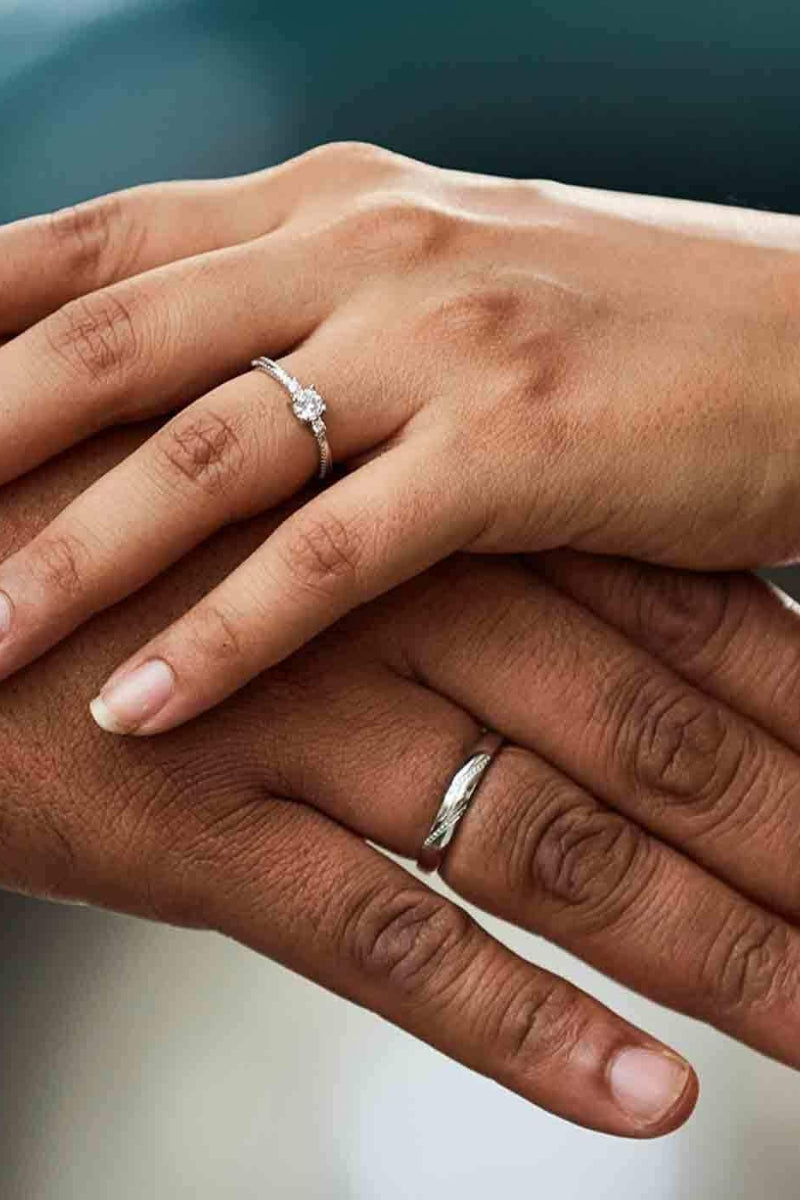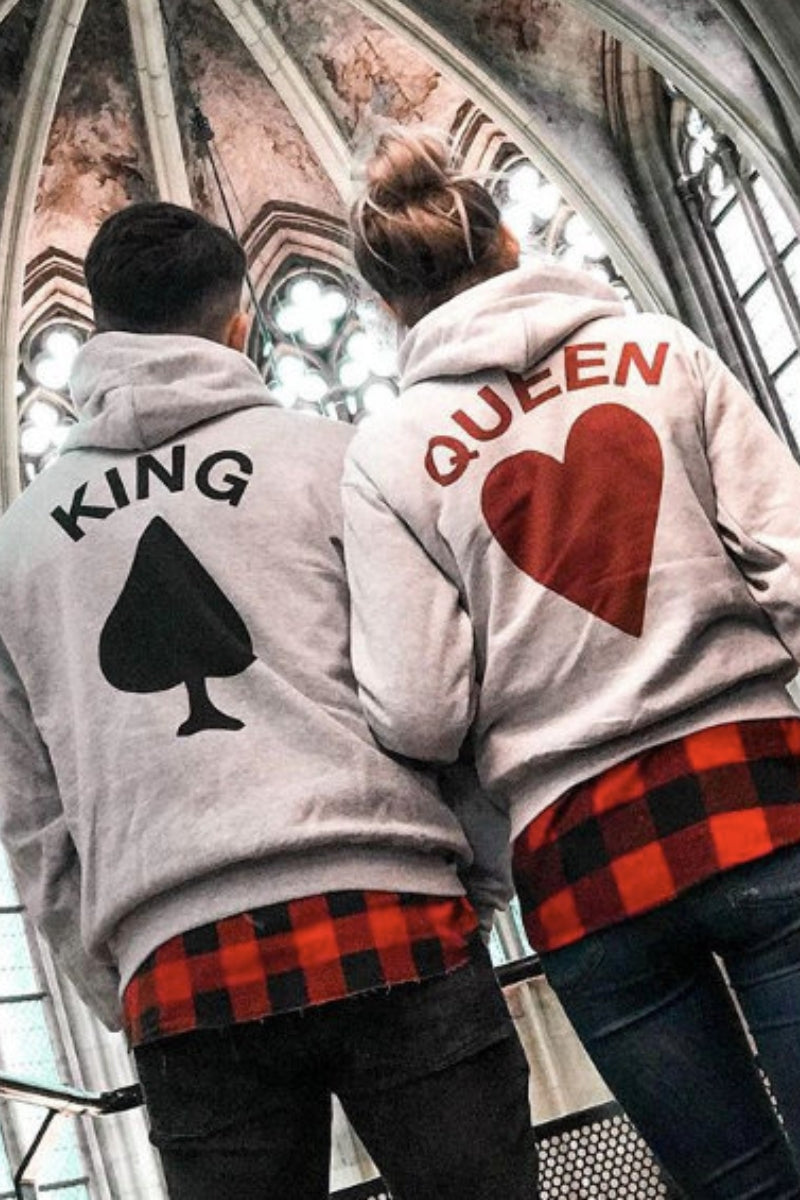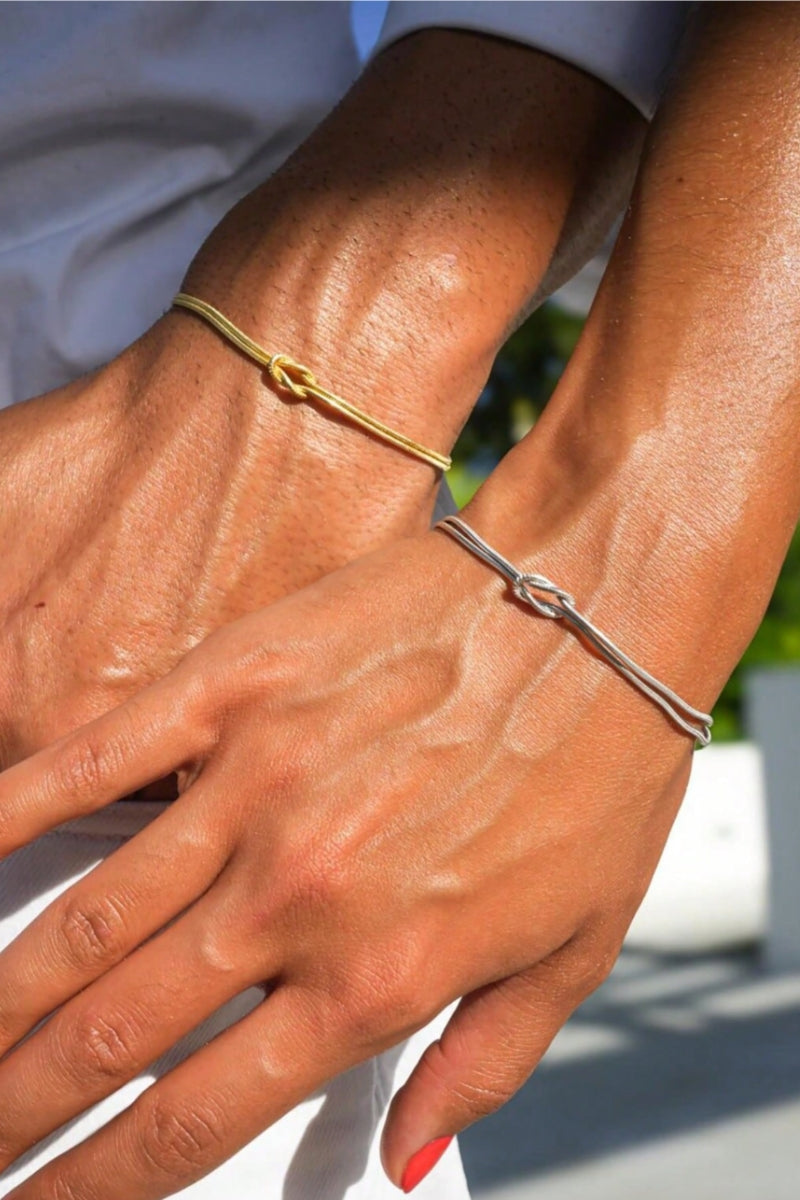I thought I hit the jackpot when I found a boyfriend who was very similar to me: an introverted cancer who would rather stay in and watch movies with a glass of wine than go out to wild parties. He wrote moody, romantic poetry just like me, he was artsy and sensitive just like me — the list goes on.
In some ways, I did hit the jackpot — but the excitement didn’t last long. A couple months into the relationship, I learned that just because we had very similar personalities, it didn’t mean that we were compatible and it definitely didn’t mean we were going to work out in the long run. Five months after we fell madly in love, we were donezo. As you can imagine, a breakup between two moody writers was not pretty.
Relationships Are Largely Trial and Error
Ultimately, relationships and dating are trial and error. Who you think may be the perfect match for you might not actually be “the one” for you. Compatibility on paper doesn’t equal compatibility in real life. When you get together with your personality twin, it doesn’t mean the relationship will be a happy one.
As we all know, love’s complicated. The heart wants what it wants! It’s in our nature as humans to seek out mates who are similar to us, but of course, that doesn’t always mean the partnership is going to be a satisfactory one. Various older studies suggested that similarity in personalities was the key to a happy relationship, but newer research is proving otherwise.

A recent 2019 study published in the Journal of Research in Personality concluded that personality similarities are not the be-all or end-all of compatibility. Researchers studied 2,578 heterosexual couples to determine the effects of one’s own personality on their relationship’s well being, as well as the similarities between two partners’ personalities and the effect of that similarity on the relationship’s well being. As it turned out, the similarity factor had very little effect on the overall perceived well-being of the relationship.
More important to relationship satisfaction? You and your partner having complementary personality traits — but not necessarily the same ones. The study found that overall, if you are conscientious (you’re fair, you do the right thing) and agreeable (basically, just a pleasant person) then you’re more likely to be happy in your relationship. As for qualities that your partner possesses, the more neurotic (not a very nice word, but sure) your partner is, the less likely you are to be happy and satisfied with your relationship.

Predictors of Happiness
To learn more about predictors for happiness in a partnership, I spoke with Talkspace therapist and domestic violence expert Cynthia Catchings. In her experience, noteworthy qualities that play into a happy relationship are “respect, cultural awareness, patience, and understanding.”
She agrees that there are benefits to dating someone similar to yourself, but it’s not necessary.
“[Being with someone similar to ourselves] tends to create stability in our relationships, since we can hold conversations that lead to productive discussions versus disagreements that lead to arguments and fights,” Catchings says.
One could argue, however, based on the recent research, that you can have stability in your relationship and have productive discussions regardless of personality differences if you’re conscientious and agreeable. Ultimately, it boils down to which personality traits you value the most in yourself and your partner, how you communicate, and how you work together as a team — not necessarily how similar you are overall.
There are pros and cons to dating someone with the same personality as you. Dating someone very similar to you can definitely promote better understanding at times, especially in the beginning, or “adjustment period” of a new relationship, as another study found. As with the previously mentioned study, these findings also determined personality similarities weren’t crucial for relationship happiness in the long run.

Do Opposites Really Attract?
When talking about relationships, we can’t just talk about similarities and differences alone — we have to consider how these differences can complement each other.
“In my experience, one of the main benefits to couples with very different personalities is the ability to complement each other in some aspects,” Catchings says. “Frequently, we hear that opposites attract; sometimes that is true. Two individuals with different personality traits might benefit from enjoying the same fun activities, but it becomes a bit more difficult when they have to actually deal with control issues, expenses, and other important aspects of the relationship.”
Aside from complementing each other, if you can work past your differences there can be more benefits to dating someone unlike yourself. Your partner could help you grow in ways you didn’t think you could on your own, or bring out different sides of you. One study showed that we may seek out people who are different from us because they can provide the opportunity to “expand the self.” How romantic!
Instead of trying to calculate how similar your personality is to somebody else’s, consider what values and qualities are important to you in a partner. Next time you want to write someone off because you think they might be too different, give it a shot! You might just be kicking things off with your soulmate and on the road to a happy, lasting relationship.






